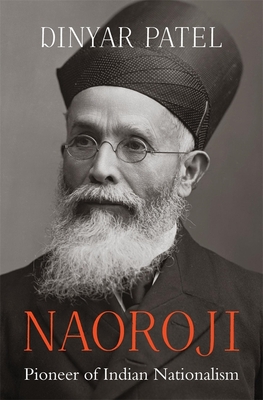Expedite your nonfiction book discovery process with Readara interviews, summaries and recommendations, Broaden your knowledge and gain insights from leading experts and scholars
In-depth, hour-long interviews with notable nonfiction authors, Gain new perspectives and ideas from the writer’s expertise and research, Valuable resource for readers and researchers
Optimize your book discovery process, Four-to eight-page summaries prepared by subject matter experts, Quickly review the book’s central messages and range of content
Books are handpicked covering a wide range of important categories and topics, Selected authors are subject experts, field professionals, or distinguished academics
Our editorial team includes books offering insights, unique views and researched-narratives in categories, Trade shows and book fairs, Book signings and in person author talks,Webinars and online events
Connect with editors and designers,Discover PR & marketing services providers, Source printers and related service providers

Naoroji: Pioneer of Indian Nationalism
Biography & Autobiography > Political
- Harvard University Press
- Hardcover
- 9780674238206
- 9.7 X 6.3 X 1.4 inches
- 1.5 pounds
- Biography & Autobiography > Political
- (Single Author) Asian American
- English
Readara.com
Book Description
The definitive biography of Dadabhai Naoroji, the nineteenth-century activist who founded the Indian National Congress, was the first British MP of Indian origin, and inspired Gandhi and Nehru.
Mahatma Gandhi called Dadabhai Naoroji the father of the nation, a title that today is reserved for Gandhi himself. Dinyar Patel examines the extraordinary life of this foundational figure in India's modern political history, a devastating critic of British colonialism who served in Parliament as the first-ever Indian MP, forged ties with anti-imperialists around the world, and established self-rule or swaraj as India's objective.
Naoroji's political career evolved in three distinct phases. He began as the activist who formulated the drain of wealth theory, which held the British Raj responsible for India's crippling poverty and devastating famines. His ideas upended conventional wisdom holding that colonialism was beneficial for Indian subjects and put a generation of imperial officials on the defensive. Next, he attempted to influence the British Parliament to institute political reforms. He immersed himself in British politics, forging links with socialists, Irish home rulers, suffragists, and critics of empire. With these allies, Naoroji clinched his landmark election to the House of Commons in 1892, an event noticed by colonial subjects around the world. Finally, in his twilight years he grew disillusioned with parliamentary politics and became more radical. He strengthened his ties with British and European socialists, reached out to American anti-imperialists and Progressives, and fully enunciated his demand for swaraj. Only self-rule, he declared, could remedy the economic ills brought about by British control in India.
Naoroji is the first comprehensive study of the most significant Indian nationalist leader before Gandhi.
Author Bio
I am Assistant Professor of History at the S.P. Jain Institute of Management and Research (SPJIMR) in Mumbai. Previously, I taught in the Department of History at the University of South Carolina. I teach courses on modern South Asia, the Indian nationalist movement, and the British Empire.
Most of my research has focused on the life and career of Dadabhai Naoroji (1825-17), arguably the most significant Indian nationalist leader before Gandhi. Naoroji was one of the founders of the Indian National Congress, became the first Indian elected to the British Parliament in 1892, and, 1906, declared swaraj or self-government to be the policy of the Indian National Congress. In 2015, I received my Ph.D. in History from Harvard University.
My biography of Dadabhai Naoroji, Naoroji: Pioneer of Indian Nationalism, was published by Harvard University Press in May 2020.
My academic research focuses on the Indian nationalist movement, the city of Bombay/Mumbai, and the Parsi Zoroastrian community. I have received two Fulbright fellowships and a fellowship from the National Endowment for the Humanities for my research. In addition to my academic writing, I have contributed pieces to BBC News, the New York Times online, the Hindu, the Indian Express, and Scroll.in.
Source: dinyarpatel.com
Videos






Community reviews
No Community reviews

